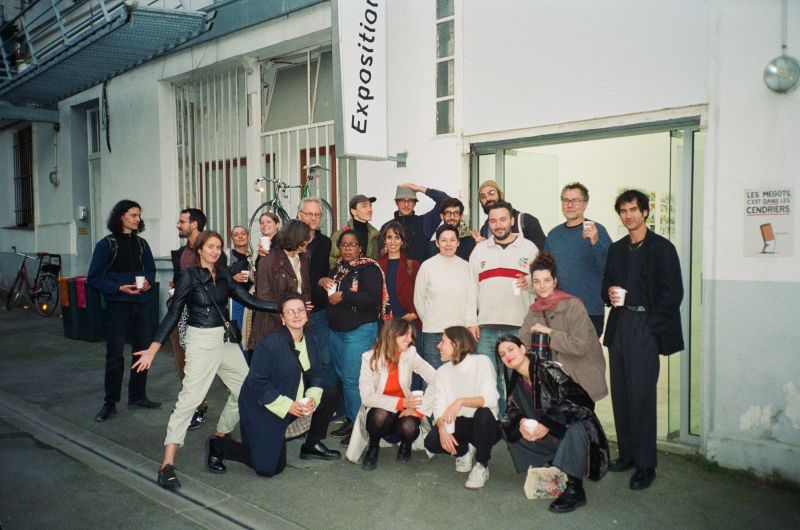
Mission
The Plurality University (U+) Network is a non-profit organization, based in France, with members from around the world.
We recognize that ecological and social transformation comes from questioning dominant and alienating representations, and by developing capacities to imagine other worlds and other ways of being in the world. The Plurality University Network (U+)’s mission is to explore and open possibilities for the emergence of empowering, just and sustainable futures, by mobilizing resources of the imagination (art, fiction, speculation…).
U+ is an open space for sharing and experimentations. It implements and/or welcomes projects that :
- Develop the capacities of individuals and organizations to imagine change and project themselves as agents of transformation;
- Create spaces for imagining and discussing alternative futures;
- Draw from artistic and alternative forms the transformations needed for our world.
In its actions, U+ mobilizes several forms of collective work:
- Open research & Communities of practice: identify and gather initiatives from all around the world where art, research and change come together, foster discussions with and between them, in order to bring out common knowledge, new questions, and new paths for transformation (Narratopias, Collective Creative Practices…).
- Futures Literacy: create and test methods to allow all sorts of people to better understand the role the future plays in their lives, to empower their imagination, and enhance their ability to prepare, recover and invent as changes occur (Future is now…).
- Creative foresight: with the help of artistic practices, guide those concerned through the exploration of radically new possibilities for their community, activity or territory, and project themselves towards them, in order to value their field knowledge and raise their concerns (The Emerging Enterprise, Aux Futurs Citoyen·nes…).
- Events: organize events (exhibits, festivals, conferences, workshops) to make visible and accessible the work around imaginaries and to organize encounters between those who develop these practices and the public (Quand, Soudainement”, Décorama, Imaginisations…).
